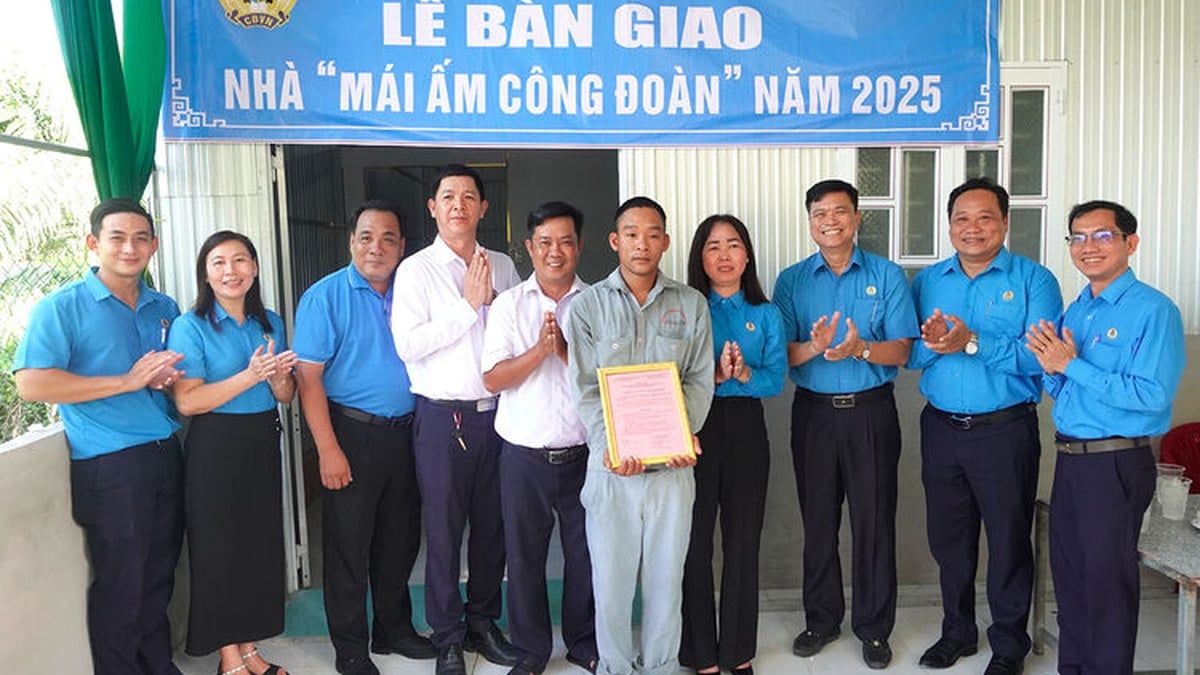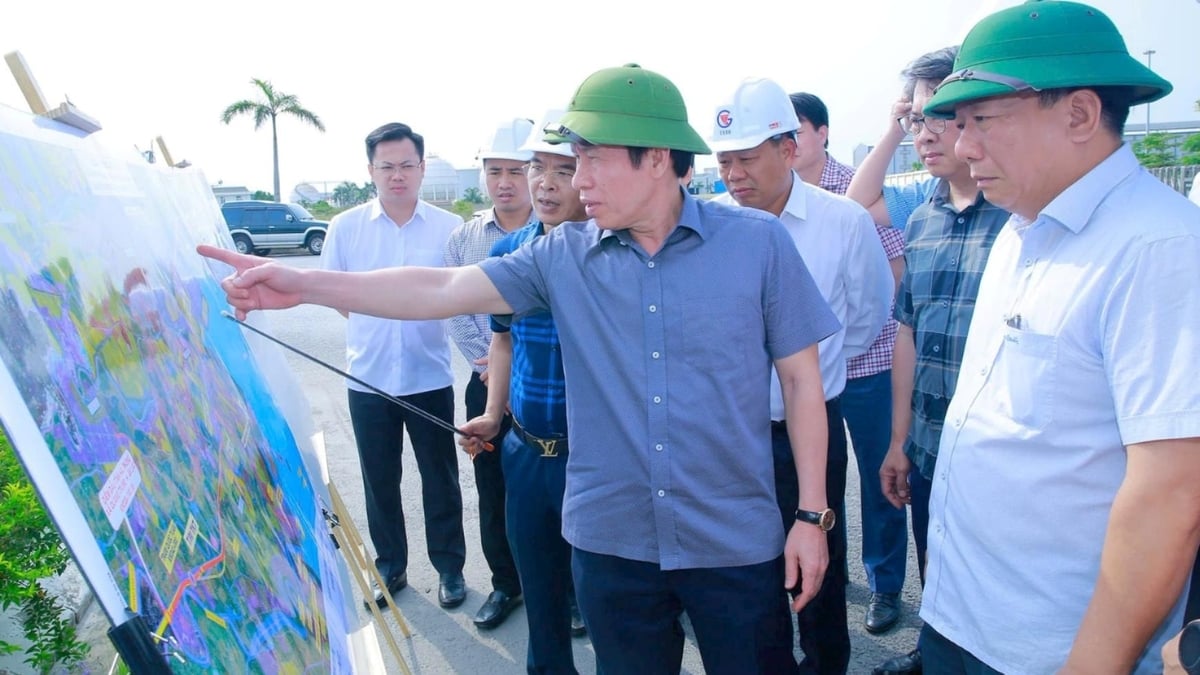In that context, the draft Law on E-commerce developed by the Ministry of Industry and Trade , which is being widely consulted, is expected to establish a synchronous and transparent legal framework for this billion-dollar "playground" to develop sustainably.

Fast growth but many problems
According to the Ministry of Industry and Trade, in recent years, Vietnam's e-commerce has continued to maintain an impressive growth rate of 18-25% per year. The size of the e-commerce market will exceed 25 billion USD in 2024, up 20% compared to 2023, accounting for about 9% of the total retail sales of goods and consumer service revenue nationwide. Currently, the size of the e-commerce market accounts for 2/3 of the country's digital economic value and helps Vietnam enter the top 10 countries with the highest e-commerce growth rate in the world, creating momentum for economic development and leading digital transformation in businesses. This billion-dollar "playground" is forecast to continue to grow strongly in the coming years, with a scale that could reach 63 billion USD by 2030.
However, Director of the Department of E-commerce and Digital Economy (Ministry of Industry and Trade) Le Hoang Oanh assessed that, besides the rapid growth rate, e-commerce management also has many shortcomings. That is the complicated situation of counterfeit goods, trade fraud and tax loss. Some new models such as e-commerce via livestream (live streaming), business via social networks, cross-border trading floors are not regulated by the current legal system, causing difficulties in controlling and protecting consumer rights.
In fact, social networks have become unofficial e-commerce platforms, many subjects have taken advantage of the anonymity and lack of control of social networks to trade in counterfeit goods, fake goods, goods that infringe intellectual property rights, goods of unknown origin, and commit commercial fraud. Commonly, products labeled as branded goods but in fact are counterfeit goods are advertised for sale; taking advantage of fast delivery and collection policies to sell smuggled goods, infringing goods, etc.
Deputy Director of the Department of Domestic Market Management and Development (Ministry of Industry and Trade) Nguyen Thanh Binh informed that one of the difficulties of the market management force is to check and handle counterfeit goods of unknown origin on e-commerce. The reason is that consumer demand through e-commerce is increasing, while people's awareness of fighting counterfeit goods in this environment is still limited. "Therefore, fighting counterfeit goods on e-commerce continues to be a priority task, but also full of challenges for the authorities in the coming time", Mr. Nguyen Thanh Binh stated.
Many new points close to reality
To overcome the above shortcomings and to shape the legal corridor for e-commerce in Vietnam, the Ministry of Industry and Trade was assigned to advise on drafting the Law on E-commerce for the Government to submit to the National Assembly. In the latest amendment, the draft Law on E-commerce is built with 7 chapters and 55 articles.
Notably, this new draft law focuses on two main pillars: strengthening state management of e-commerce to protect consumer rights, prevent tax losses, fight against counterfeit goods, poor quality goods, and violations of intellectual property rights, and develop green and sustainable e-commerce, creating fair competition with domestic enterprises.
In particular, many new points are highly appreciated by experts in the draft law. Typical examples include the proposal to handle complaints within 24 hours, increasing the responsibility of digital platforms to protect consumers and create a transparent trading environment. In particular, the principle of protecting consumer rights is placed at the center, requiring business entities to strictly comply with relevant legal regulations, even when operating in cyberspace.
Another new point is that the draft law has dedicated a provision to specifically guide green and sustainable e-commerce behavior in the context of moving towards zero-carbon footprint and emission reduction commerce. In addition, the draft law supplements regulations that e-commerce platforms that do not have a presence in Vietnam but actually operate in the domestic market are required to authorize a legal entity or establish a legal entity in Vietnam...
From the consumer perspective, Ms. Nguyen Hai Van (Bo De ward, Hanoi city) said that if the new Law on E-commerce overcomes the problem of identifying sellers, the tracing of sellers to handle cases of illegal trading of goods will certainly be implemented more strictly, thereby better protecting the rights of consumers.
Mr. Nguyen Binh Minh, Executive Committee Member of the Vietnam E-commerce Association, emphasized: "I agree when the law clarifies the concept of new technology affecting electronic transactions, and clearly stipulates the roles, legal responsibilities and rights of the participating parties. In particular, it is necessary to clearly identify and authenticate products, services and transactions to increase legality and protect the rights of the parties in the context of global economic integration."
It is expected that the draft law will be submitted to the National Assembly for discussion at the tenth session taking place next October.
Source: https://hanoimoi.vn/hoan-thien-luat-thuong-mai-dien-tu-dinh-hinh-hanh-lang-phap-ly-cho-san-choi-ty-do-710532.html


































































































Comment (0)